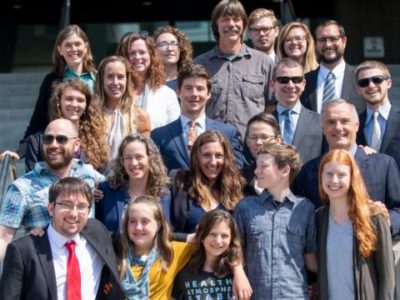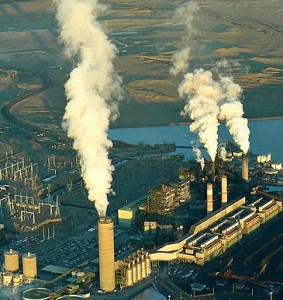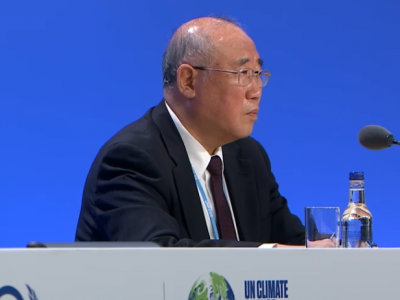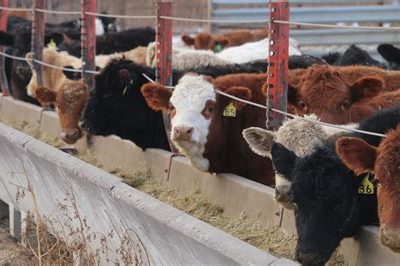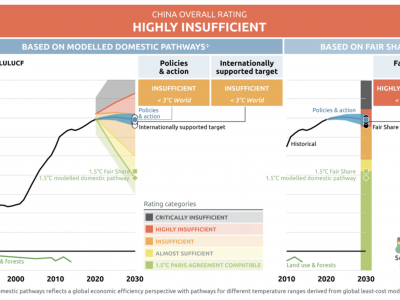Five Reasons Why Juliana Stumbled
The legal deck was stacked against the “children’s lawsuit.”
Juliana has been a valiant effort by a group of young people to force the federal government to plan for stringent reductions in U.S. carbon emissions. As I wrote in a previous post, several well-regarded foreign courts have upheld claims that are similar in concept to the Juliana case. The U.S. legal system, however, provided a less hospitable setting. Although the case is still being considered on remand by the District Court, the Supreme Court has already signaled i...
CONTINUE READINGBold Climate Rulings Beyond Our Borders
Courts in other Western countries are stepping up to the climate challenge.
The atmosphere for climate litigation in our Supreme Court is decidedly chilly. Some of its peers in other countries have taken a much different approach. US lawyers tend to be inward focused, adept at understanding our own legal system but largely unaware of developments elsewhere. Here, I want to briefly summarize some key rulings. Germany. In a pathbreaking opinion, the German Constitutional Court ordered the government to adopt much stricter emissions target...
CONTINUE READINGAggregating the Harms of Fossil Fuels
They’re even worse than you probably thought.
The decision at the Glasgow climate conference to phase down fossil fuels is an important step forward -- and not just because of climate change. We think of fossil fuels as a source of climate change, but that's only a one part of the problem. From their extraction to their combustion, everything about them is destructive to the environment and human health Our system of environmental regulation divides up regulation of a single substance based on each of its envir...
CONTINUE READINGMaking Sense of the US-China Joint Glasgow Declaration
One small step for climate action, one modest leap for US-China relations
Yesterday, China and the US announced a “Joint Glasgow Declaration on Enhancing Climate Action in the 2020s” (En/Ch) What to make of it? The short answer is that it only offers slight forward progress on climate action. Increased climate ambition from China and US in the short-term remains the critical metric and in this regard the agreement does not make much of a breakthrough. It embodies mostly potential. But the very fact that the two countries were willing to ...
CONTINUE READINGClimate Change in the Law School Curriculum
What role will the subject play in the curriculum of the future?
Someone asked me recently what I thought law schools should be teaching about climate change. Naturally, my first reaction is that everyone everywhere needs to put climate change at the top of their agenda. As usually happens, when I got past that gut reaction, things got more complicated. There are many important societal issues that don’t get high priority in law school, such as the availability of health care or public health law. The basic reason is that relat...
CONTINUE READINGThe Fuss about Methane
Part 1: Science and weird facts
Methane is getting a lot of attention in climate debates. There was even a “Methane Day” last Tuesday at the climate conference in Glasgow. Several new regulations controlling methane emissions have been adopted recently, including two new rules for the US oil and gas sector announced last week. There’s a new informal international agreement to limit methane emissions, and a still-unresolved effort to put a charge on methane emissions into the forthcoming reconcili...
CONTINUE READINGThe Climate Bill inside the Infrastructure Bill
The US takes a major step forward on the path to carbon neutrality.
Late Friday, the House passed Biden’s infrastructure bill. As the Washington Post aptly observed, the bill is the biggest climate legislation to ever move through Congress. It also attracted key support from some Republicans, which was essential to passing it in both houses of Congress. Biden is pushing for an even bigger companion bill, but the infrastructure bill is a huge victory in its own right. One major area of spending is transportation. Some of that goes fo...
CONTINUE READINGIs China Doing Enough on Climate Change? COP26 Version
Chinese leaders have an opportunity to increase ambition and clarify the country's climate plans
As COP26 kicks off in Glasgow, Scotland this week, the world is confronted with a basic reality. Current national climate pledges fall well-short of the Paris Agreement goal to keep global average temperature increase this century well below 2°C and to pursue efforts to limit temperature increase to 1.5°C above pre-industrial levels. The UN’s 2021 Emissions Gap Report finds that under current pledges temperatures will still rise by 2.7°C by the end of the century. T...
CONTINUE READINGMajor Questions About the Major Questions Doctrine
You may not have heard of this doctrine but it’s a big threat to innovative regulations.
Unless you’re deeply immersed in administrative law, you may not have heard of the major questions doctrine. It’s a legal theory that conservative judges have used with increasing rigor to block important regulatory initiatives. The doctrine places special obstacles on agency regulations of issues of “major economic and political significance.” In its initial outing, the conservative majority said that FDA couldn’t regulate tobacco without a clear congress...
CONTINUE READINGA Bad Week for Biden, and for Climate Action
First House progressives, and next conservative Justices, poked a stick in the spokes.
President Biden hoped to go to the international climate summit in Glasgow with momentum behind him. He wanted to reestablish US credibility with concrete progress on climate change. Instead, the ability of the US to take action on climate change is shrouded in doubt. Biden suffered an embarrassing defeat at the hands of members of his own party in the House, while the Supreme Court gave a menacing signal that it would block any effort at bold climate action by EPA. ...
CONTINUE READING



